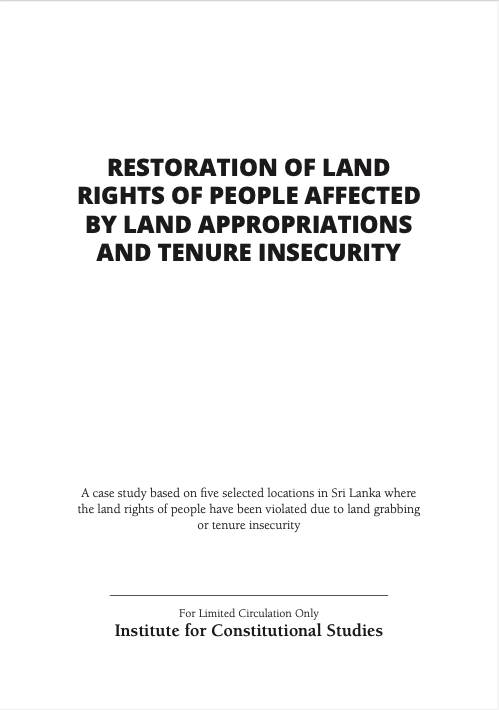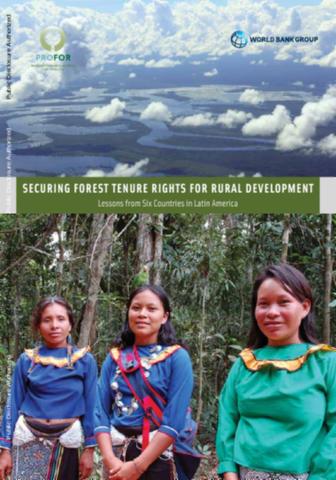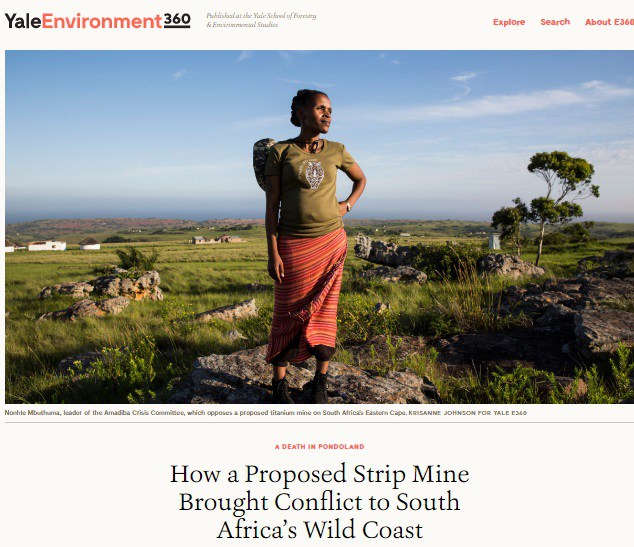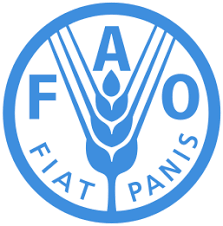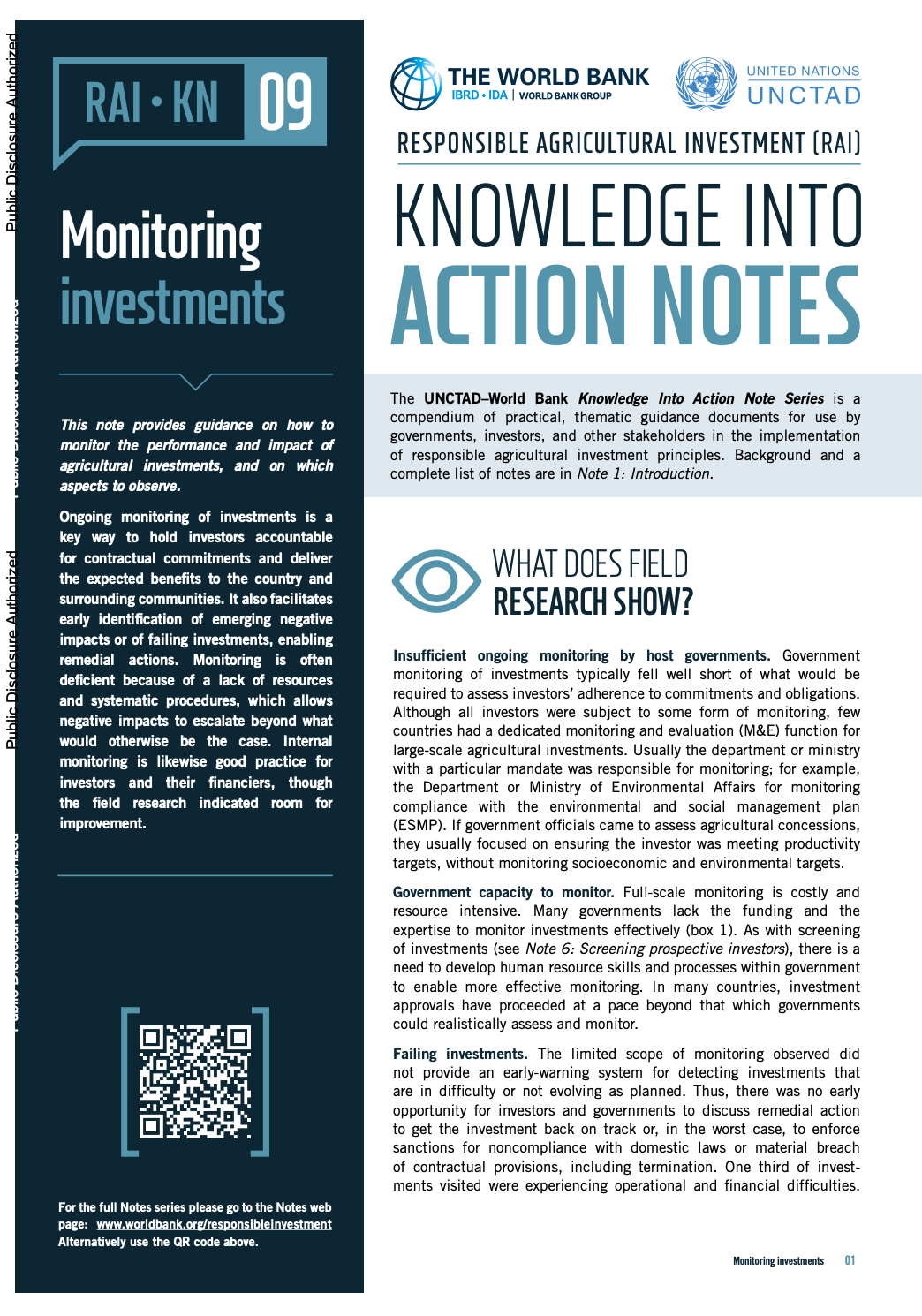Restoration of Land Rights of People Affected by Land Appropriations and Tenure Insecurity
This study is prepared using the data analysis of a field study conducted in January 2017 in the Districts of Monaragala, Ampara, Trincomalee, Mullaitivu and Jaffna in Sri Lanka focusing on the land rights violations that took place in the recent past due to the appropriation of land from the ordinary citizens by the security forces and individuals backed by powerful people and, the tenure security problems faced by the landless rural communities in Monaragala and Ampara districts and the sugar cane farmers living in the settlements of Pelwatta Sugar Company, which is now owned by the gover

